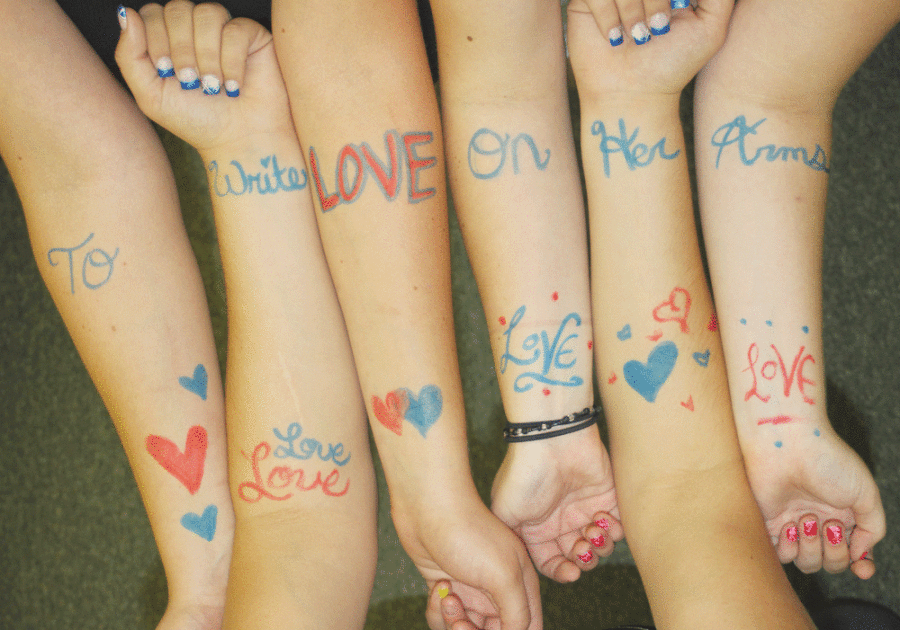According to an Injury Prevention article “Suicide and College Students” by the Illinois Department of Public Health, it is estimated that 1,088 college students die by suicide each year.
Over the years, the world has developed into an entirely different place. It seems that with all of the distractions such as money, technology, media, etc. things have become more complicated.
Life can be even more chaotic for a starting college student. The suicide rates among college students have increased dramatically. In fact, at many colleges, it has become the second leading cause of death.
College students face a challenging transition, dealing with financial issues, more stress, sleep deprivation, and new academic and social pressure. Not to mention that drugs and alcohol may be introduced.
While the statistics are alarming, there is still hope for the future. Luckily, there are clear, tell-tale signs of depression that one can detect in order to prevent suicide.
According to the same Injury Prevention article, some warning signs that indicate that a student may be considering suicide include: a sudden decrease in grades and overall school performance, an obsession with death or violence, unhealthy relationships, and violent mood swings or sudden change in personality.
When these signs are indicated, there are some steps one can take to prevent suicide, or to prevent a student from causing harm to him or herself. One of the steps, and probably the most important, is: getting involved. Whether you are family, a friend, or school faculty, it is necessary to let the student know that you care.
College campuses can take a campus-wide approach at making students aware of the causes, signs, and steps for prevention of suicide among their peers. Some other things that colleges should do to prevent suicide among campus are: implement screening programs for depression, develop some activities to decrease risk factors, and offer general stress-prevention programs.

There are many other resources available for those contemplating suicide. The National Suicide Prevention Lifeline is always available and can be reached at 800-273-TALK (800-273-8255).
Also, groups such as To Write Love on Her Arms (TWLOHA) are available to talk to others who are experiencing a similar situation. In fact, TWLOHA is launching a new campaign called Fear vs. Dreams. They encourage everyone to post their fears, and then their dreams for the future.
The TWLOHA campaign statement is: ‘You’re invited to answer two questions, to add your words to the mix and to feel less alone in reading the words of others. Our aim is more than a moment at a tent. We hope to remind you that you’re living a story. The story is yours and it’s entirely unique. Please don’t give up and please don’t go alone. You matter very much.”




